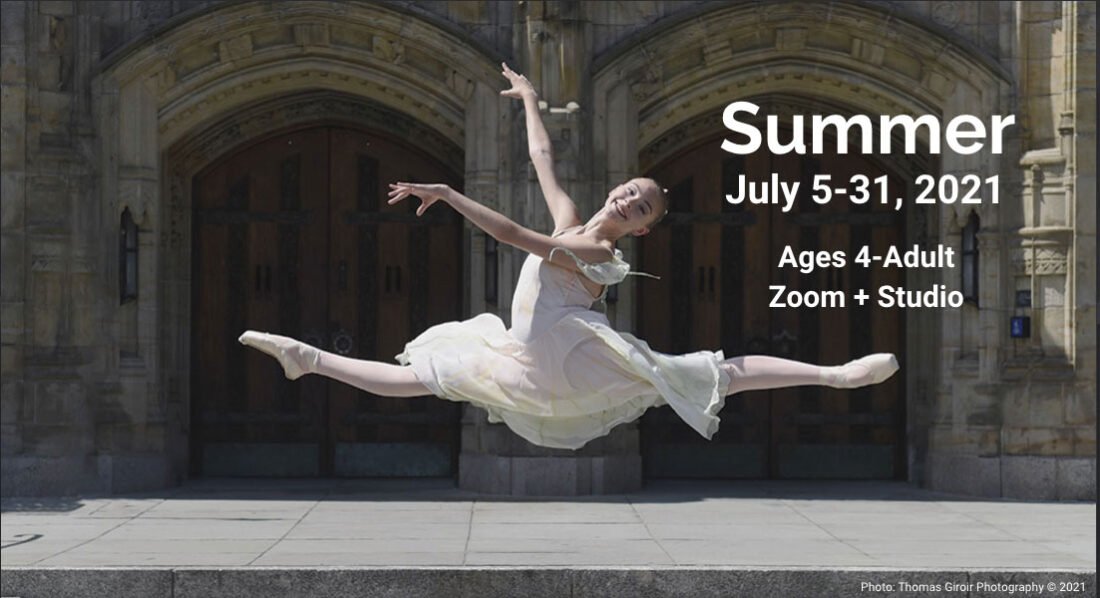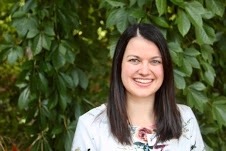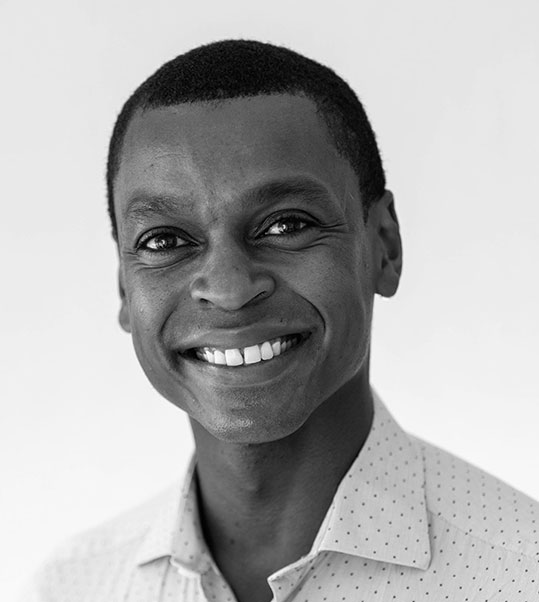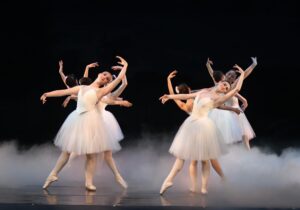New Haven Ballet is thrilled to sponsor a FREE screening for Level 3-8 dancers with dance medicine professionals from Magna PT.
One on one appointments are being offered to Level 3-8 dancers on Saturday, January 23. Each screening is 15-minutes long. Space is limited. You must contact the office to reserve your spot.
Dancer Screenings:
Pre-pointe Screenings: A pre-pointe screening with a dance medicine professional will determine the dancer’s strength and readiness to go on pointe, while also creating a baseline for the dancer to improve upon, establishing areas of weakness and limitations in technique. The dance medicine professionals take a comprehensive look at the dancer’s body, focusing more heavily on the legs and feet to determine these strengths and weaknesses and provide a summary, as well as suggestions for exercises and conditioning to prepare the student for pointe work.
Level 3 students who wish to prepare for pointe work are encouraged to take advantage of this screening opportunity.
Dance Fitness Assessments: A dance fitness assessment with a dance medicine professional takes a comprehensive look at the dancer’s body from head to toe to assess strength, range of motion, flexibility, balance, and alignment in dance. These screenings are used as a tool to prevent injury and increase function in dance. Following the one on one assessment, the dancer will be provided with areas of weakness and exercises to improve upon these areas and maximize their abilities in dance.
Dance fitness assessments are recommended for all dancers.
Dance Medicine Professionals:
Dr. Brianne Dwyer, PT, DPT
Physical Therapist, Clinic Manager, Dance Medicine Director
Bio: Brianne M. Dwyer is a Connecticut native who graduated from DeSales University in 2012 with a Bachelor of Arts in Dance and a Bachelor of Science in Psychology. Prior to receiving her undergraduate degree, Brianne trained with Mystic Ballet, as well as danced with American Ballet Theatre Collegiate Program, Annex Dance Company, and LEVY dance. Upon graduation in 2012, Brianne performed with Full Force Dance Theatre and CONNectic Dance. Brianne has taught dance throughout Connecticut and Southeastern Pennsylvania for over 10 years. Brianne has also been a certified Pilates instructor for since 2012. From 2012 to 2015, Brianne worked at Magna Physical Therapy & Sports Medicine Center as the Director of Dance Medicine & Conditioning. Since then, she went on to obtain her Doctorate of Physical Therapy from Sacred Heart University in 2018, in which she had the opportunity to complete clinical affiliations at NovaCare Rehabilitation, Mount Sinai Rehabilitation, and The Johns Hopkins Hospital Performing Arts Physical Therapy Program. Brianne recently returned to Magna PT as the Clinic Coordinator of our Avon location and Dance Medicine Director to continue to grow and expand the amazing physical therapy programs Magna PT has to offer. Brianne continues to remain involved with the dance community in CT, as Vice President of the Connecticut Dance Alliance.
Dr. Meagan Robichaud, PT, DPT
Physical Therapist, Dance Medicine Coordinator
Bio: Meagan graduated with her Doctorate of Physical Therapy from Springfield College. She was given the opportunity to complete her full time clinical affiliations with Mountain Center PT in NH, Lawrence and Memorial Hospital, and Magna Physical Therapy. Prior to receiving her doctorate she completed her undergraduate studies in Health Sciences and Dance. She has had a passion for dance and incorporating it into her career for many years. Meagan has been dancing since she was three, spending her time training with the Roxey Ballet in New Jersey and performing in the trainee company, fulfilling roles in ballets such as the Nutcracker, Cinderella, Swan Lake, and Pied Piper. Through her time at Springfield College, she had the opportunity to expand her dance variety and perform with the Dance Repertory Company. Meagan is very excited to have returned to Magna Physical Therapy as a physical therapist and Dance Medicine Coordinator to finally fulfill her dream of blending her passion for helping people with her love of dance.










